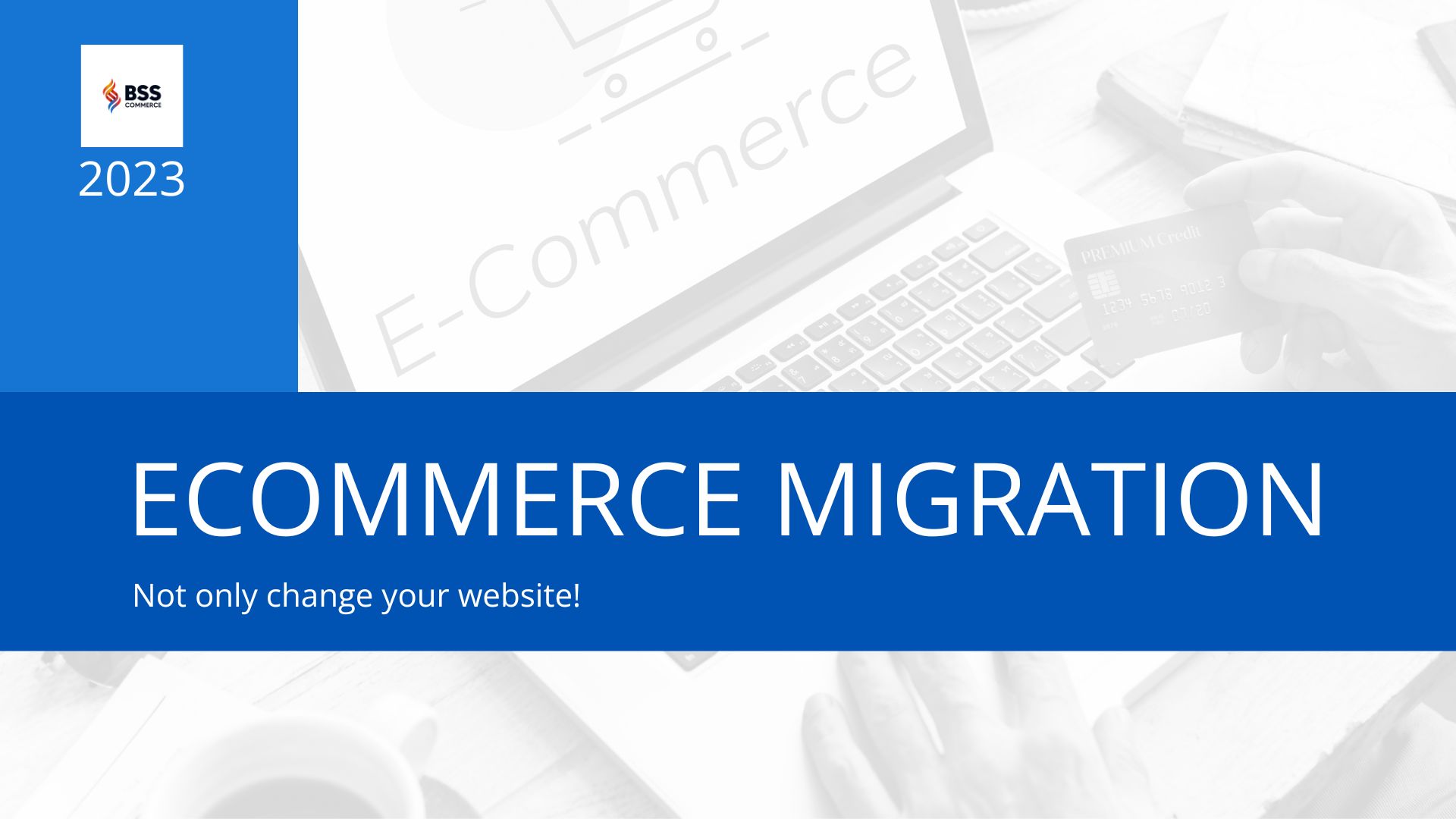As indicated by Deloitte’s Retail Industry Outlook report for 2022, 67% of those surveyed recognized ecommerce platforms as a top-priority investment due to concerns surrounding outdated frameworks. Furthermore, a survey by Digital Commerce 360 revealed that among the 93 retailers assessed, 18% expressed their active intent to shift platforms in 2023. And sentiment shared by 61% of B2B ecommerce merchants confirmed they would change ecommerce sites after running for a year.
Most ecommerce site owners desire to enhance their buyer experience, boost revenues, and stay aligned with the ever-evolving trends in technology. Nonetheless, transitioning to new platforms for ecommerce sites usually exposes businesses to substantial disruptions, configuration inaccuracies, security, vulnerabilities, and other hurdles.

If you’re considering migrating your e-commerce website in 2023, you’re not alone. Two key trends for B2B e-commerce this year are self-service portals and business process automation. If your current platform can’t support your business, a migration is necessary. When choosing a new platform, it’s crucial to think about your needs not just today, but three years into the future. Migrating can be a smooth process with the right planning and partners. This guide helps you recognize when it’s time to replatform, dispels data migration myths, helps you decide on consultants or data migration services, and assists in creating a realistic budget.




